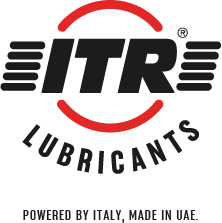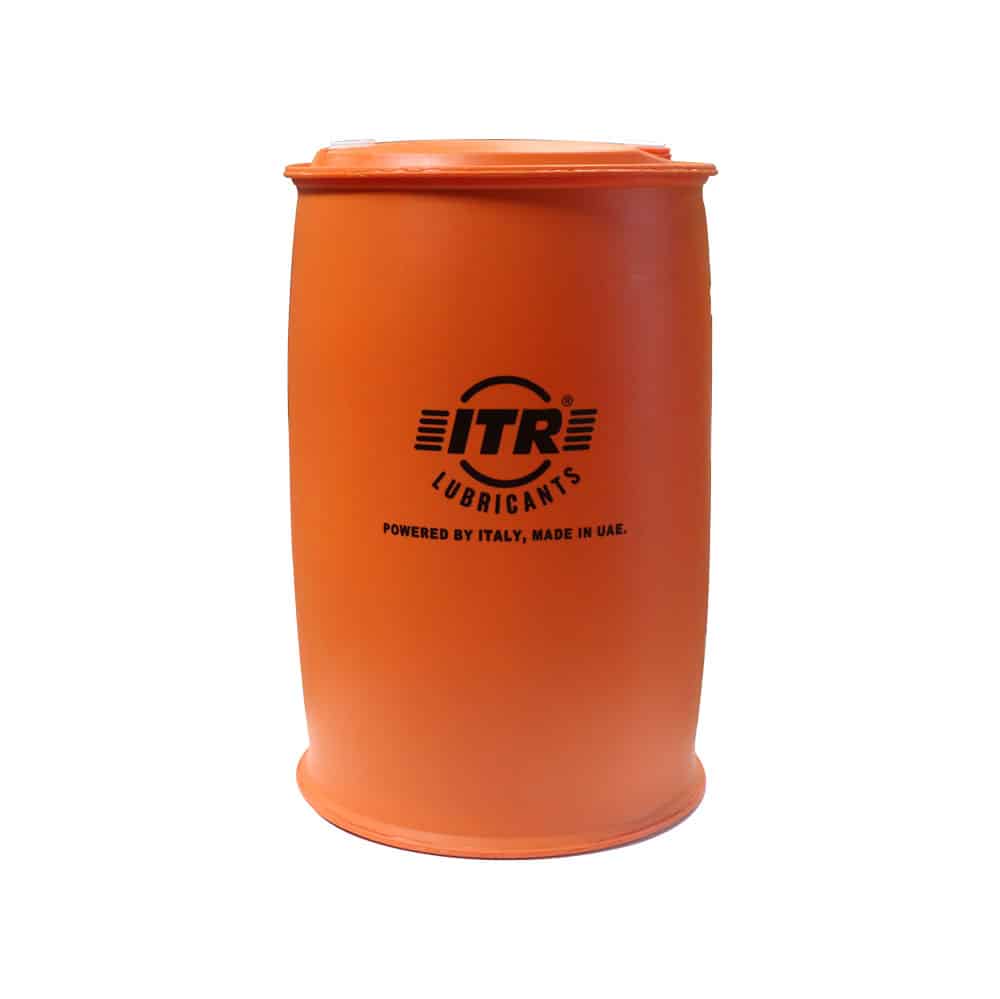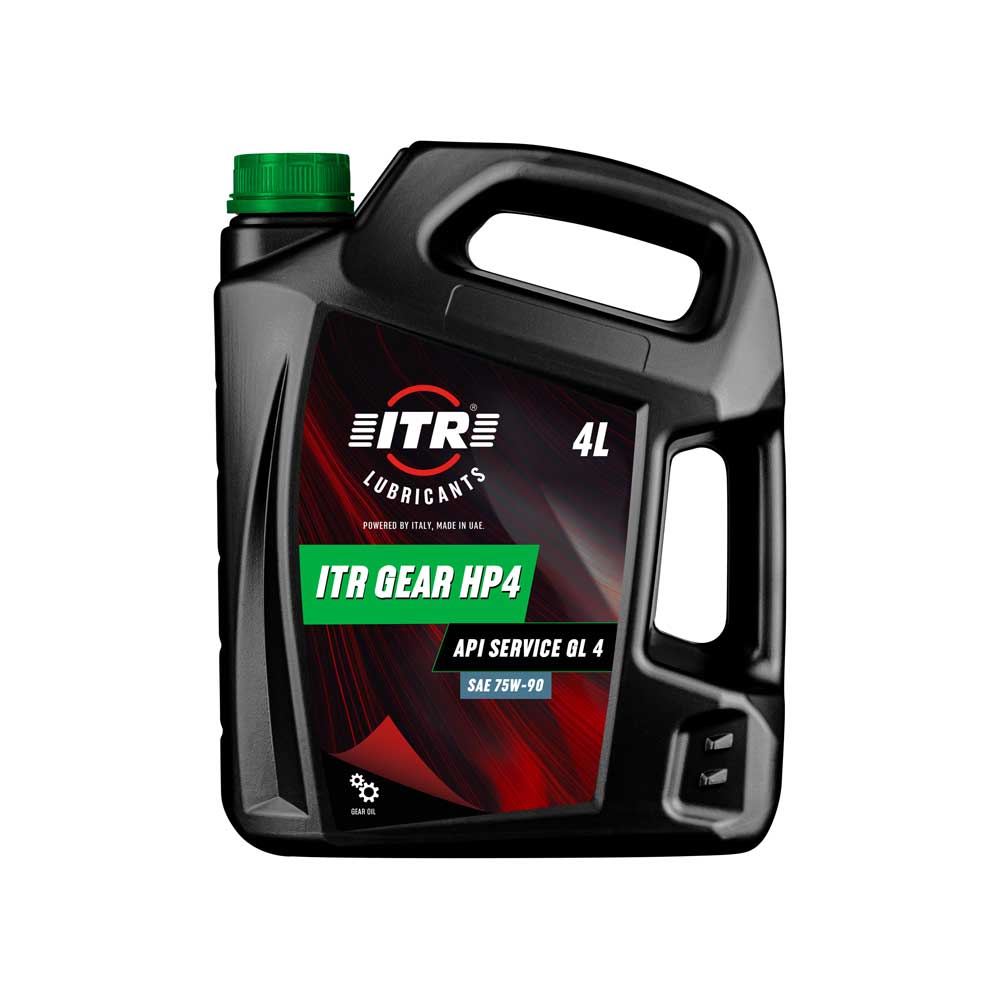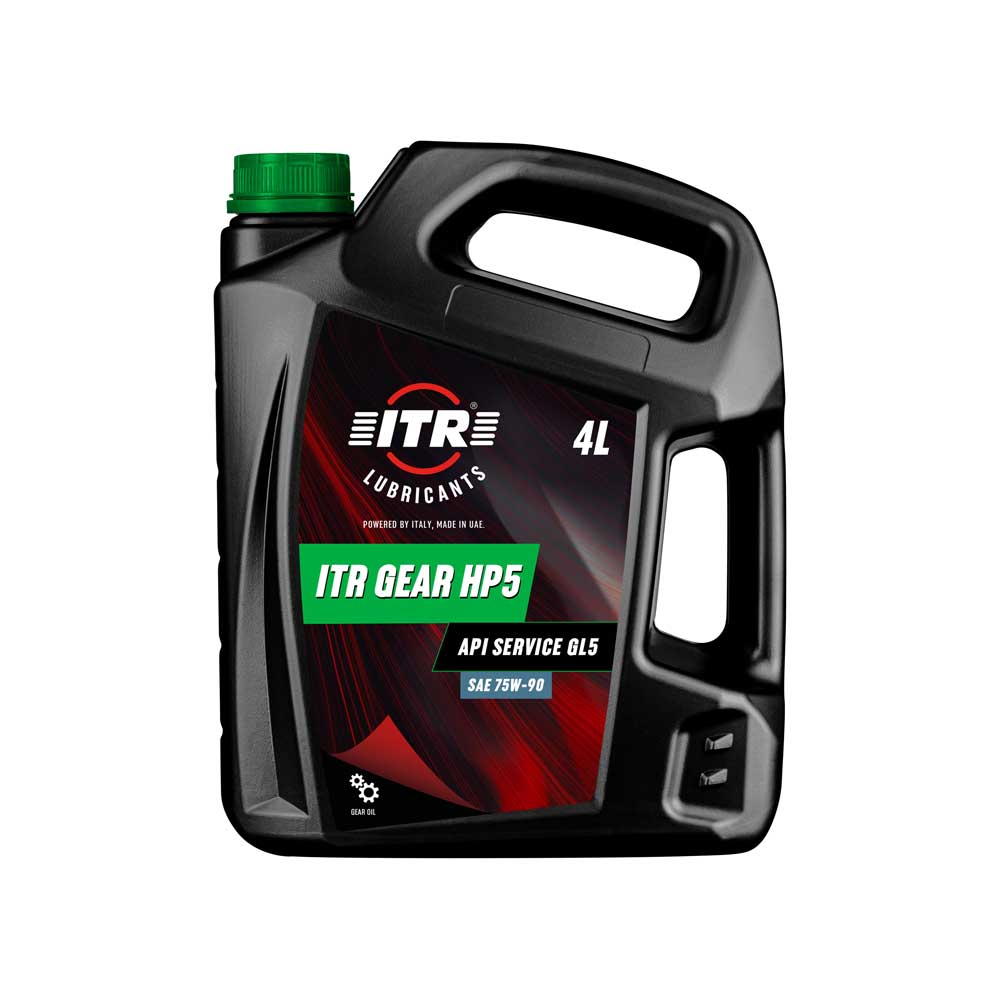A car’s manual transmission, differential, transaxle, and transfer case all use gear oil as a lubricant. Read on to learn more about gear oils.
ITR Gear oil is made up of a refined mineral base oil and additives that work well under high pressure. The ITR gear oil is perfect for manual transmissions and best suited for commercial vehicles and machinery. It is made from selected base stocks and contains special additives to provide extreme pressure and anti-rust corrosion characteristics. It is also made to reduce scuffing and scoring of gear surfaces under high speed, high torque, and shock load operation, giving you the perfect manual shifting experience.
ITR Lubricants offers high-quality gear oils that aid in better vehicle operations. ITR Lubricants is an ISO-certified company with over 50 years of experience in the production of quality gear oils made using Italian production technology. ITR Lubricants has 57 distributors that ensure you get the best gear oil as rapidly as possible.
Get a quote for gear oils today.



